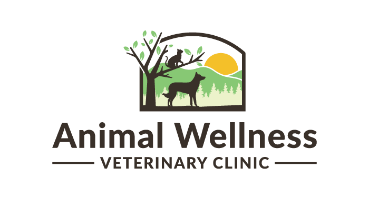He/she should be fed a predominantly moist diet due to their rapid growth rate. They need a lot of water for normal metabolic processes and for proper digestion to take place. It is also helpful to feed a moist diet with regard to potty training. If you feed a dry kibble diet you will find that your puppy drinks a lot of water because they feel thirsty. The puppy, however, does not know exactly how much water they need so they tend to drink too much per session. This then leads to a lot of urine production and unpredictable potty accidents. If they eat a moist diet they are less likely to become overly thirsty and thus they will not drink too much. Additionally, if they eat a moist diet they also usually produce less stool. The moisture in the food helps them digest the food properly, absorb the nutrients most efficiently and produce less stool.
You should feed your puppy a wholesome diet with lots of variety.
Puppies also need a calorically dense diet to keep up with a rapid growth rate. There are formulas for calculating exactly how many calories your puppy needs but the calculation would need to be made almost every day to keep up with his/ her changing weight. The better way to know if you are feeding enough or too much is to use the guidelines provided by the manufacturer and adjust according to your own dog’s metabolism. In other words, if you are feeding what the package says but your dog is always starving and he/she is skinny, then you are not giving enough. If your puppy is not very hungry and is getting fat then you are feeding too much.
Another way to know if you are feeding a good diet at the proper amount is to monitor the waste/ feces. Your puppy should be defecating 2-3 times per day. If he/she is defecating more, or if the stool volume is very large then there is either too much waste product in your puppies diet, or he/she is eating too much.
Finally, at least for this hand out, you should feed your puppy some variety. They can have some human foods as long as they are fresh and wholesome, ideally not a lot of french fries! You should avoid grapes, raisins, onions, cooked or cured animal fats and chocolate. But most everything else in moderation is actually good for them, veggies, pasta, lean meats, fruits(apples, melon, bananas…). If you are feeding a commercial diet you should also vary the proteins, maybe one week is chicken next week is beef, etc.


